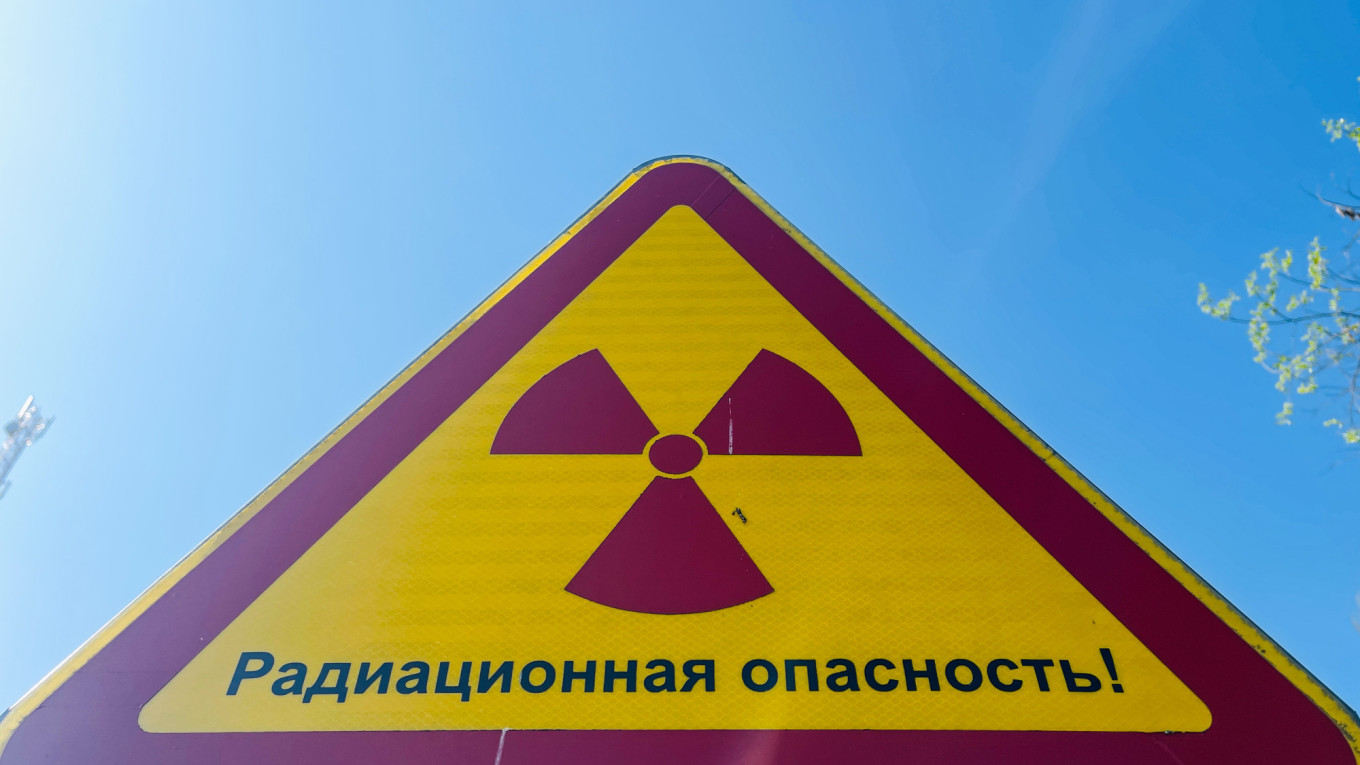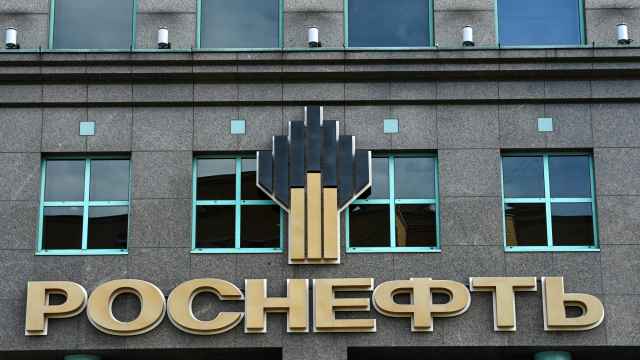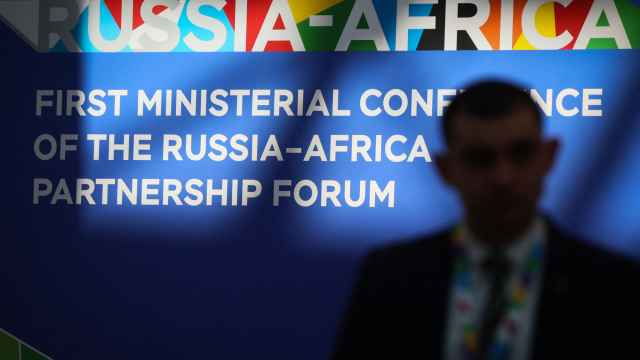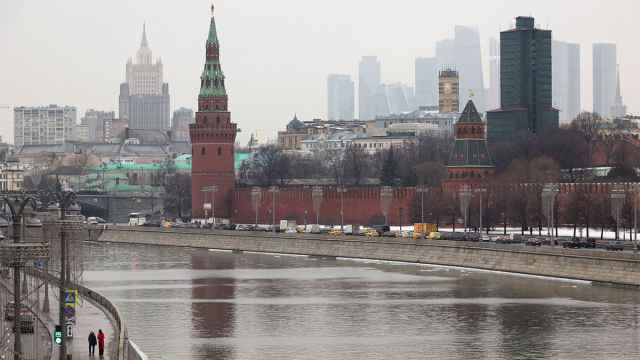Moscow has claimed that Ukraine is building a "dirty bomb" with the aim of deploying it against Russian troops.
But what is a dirty bomb, and what can it achieve?
At its most basic, a dirty bomb is a conventional bomb laced with radioactive, biological or chemical materials which get disseminated in an explosion.
Using radioactive materials would make it a type of radiological dispersal device (RDD), a term often used interchangeably with "dirty bomb".
Nobody has ever exploded a dirty bomb, but there is suspicion that extremists may have tried to build one.
A dirty bomb is much less destructive than a nuclear device such as an atomic bomb or hydrogen bomb, whose fission or fusion reactions create vast destruction in a wide perimeter.
Producing them requires uranium enrichment capabilities beyond the reach of most countries.
A dirty bomb is both easier to make, and less destructive, than a nuclear bomb.
Its effect would contaminate a specific area, and the people there, either by direct radiation or inhalation or ingestion of contaminated substances.
Its main purpose could well be to create panic in a population rather than outright mass killing.
"A dirty bomb is not a weapon of mass destruction but a 'weapon of mass disruption', where contamination and anxiety are the major objectives," said the United States Nuclear Regulatory Commission, an independent agency, in a background article on dirty bombs.
This means only people in the immediate proximity of the explosion site would be exposed to the kind of radiation levels that would immediately cause a severe illness.
Over a wider radius, health risks would come from contaminated dust, food or water.
The small quantities of radioactive material needed to achieve such an effect in a bomb can be found in hospitals, research bodies, industrial sites or military installations.
Although no dirty bomb has ever been detonated, the perpetrators behind two terrorist attacks in Brussels in March 2016 were believed to be planning to build one.
A Message from The Moscow Times:
Dear readers,
We are facing unprecedented challenges. Russia's Prosecutor General's Office has designated The Moscow Times as an "undesirable" organization, criminalizing our work and putting our staff at risk of prosecution. This follows our earlier unjust labeling as a "foreign agent."
These actions are direct attempts to silence independent journalism in Russia. The authorities claim our work "discredits the decisions of the Russian leadership." We see things differently: we strive to provide accurate, unbiased reporting on Russia.
We, the journalists of The Moscow Times, refuse to be silenced. But to continue our work, we need your help.
Your support, no matter how small, makes a world of difference. If you can, please support us monthly starting from just $2. It's quick to set up, and every contribution makes a significant impact.
By supporting The Moscow Times, you're defending open, independent journalism in the face of repression. Thank you for standing with us.
Remind me later.






